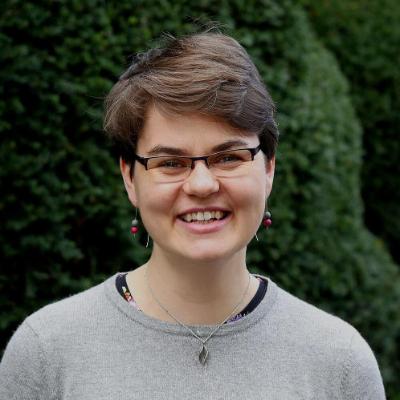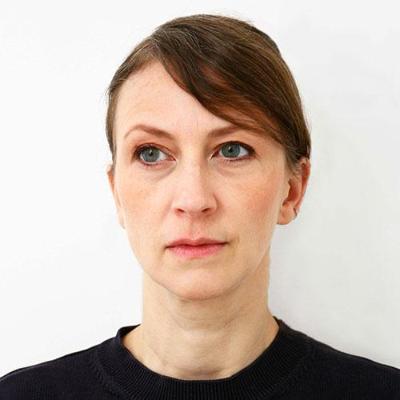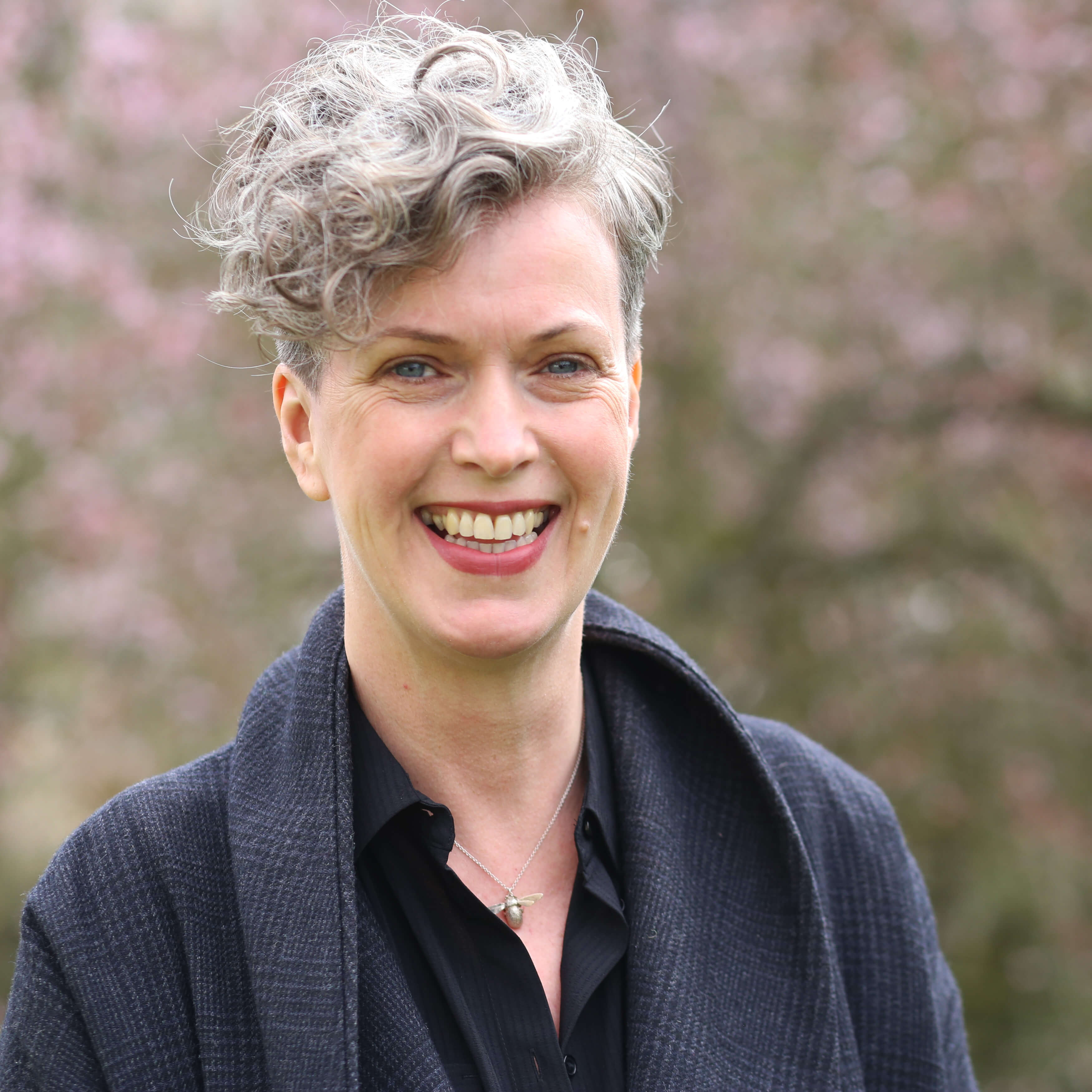Material : Pedagogy : Future
Material:Pedagogy:Future is an inter-institutional research network that questions the future of HE Art education. It is co-convened by colleagues at Bath Spa University; Kingston School of Art, University of Westminster and University of Bergen.
Through inter-institutional dialogue and collaboration, we seek to establish an international network of transdisciplinary, practice-based researchers dedicated to querying our positions and agencies as artist-teachers in contributing to the form and context of the art of tomorrow.
By examining the hierarchies, systems, and relations which form its present, we engage in practice and theory based research to critique and develop greater understanding around the function of HE art education from the current and future manifestations of what is defined as an ‘art school’ in relation to broader social, cultural and economic ecosystems.
Through establishing a wide network of researchers across multiple institutions, we hope to enable discussions to emerge from a space in-between our respective institutional contexts, and in which we are enabled to navigate new art-based methodologies for teaching-as-practice and practice-as-research that could exist in a speculative alternative.
The teaching of Fine Art at Higher Education level is predicated on the idea that artists teach artists. But what happens here? How do artists educate? What pedagogies are applied and how might understanding them offer broader debates around creative industry, resilience and change making?
Art schools are said to produce critical, resilient thinkers but how is this enabled through their education? How do artists learn? What is the purpose of an art school education now? The complexities of an art practice – often incorporating latent methods, questions and influences – can be hard to make sense of, even by artists themselves. This group sets out to understand this distinct type of learning.
At Bath Spa University, Material:Pedagogy:Future is convened by Jenny Dunseath, Reader in Fine Art, and Dr Natasha Kidd, both artists and researchers within the School of Art, Film & Media.
Members from other insitutions
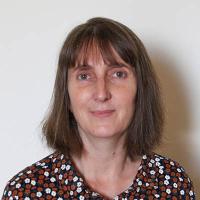
Hannah Sackett has a PhD in Education from Bath Spa University. Her research interests include making-as-learning and non-hierarchical, open-ended education. She is also interested in the dissemination of research to non-academic audiences.
She has written texts and created research-based comics for academics in the disciplines of art and design, history, archaeology and creative writing.
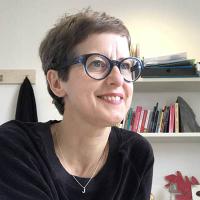 In her process-orientated studio practice, Joanne Addison tries to let my decisions be governed by the behaviour of materials, individually and in relation to one another.
In her process-orientated studio practice, Joanne Addison tries to let my decisions be governed by the behaviour of materials, individually and in relation to one another.
Drawing on contemporary theories around objecthood and making, individual works assimilate the conditions in which they are made. During short studio sessions she works with components and materials that she keeps deliberately close to hand, in order to enable a responsive approach to the thing she is making. In work that is apparently casually and speedily made, the legacy of a repetitive and therefore paradoxically slow process is disclosed. With the goal of loosening familiar objects and motifs from their bearings in everyday life, she often remakes each sculpture numerous times, paring down to locate and condense its essence.
Joanne enjoys the relationship between teaching and making and believes in working towards a more inclusive and dynamic learning environment for fine artists in higher education. In collaboration with artist and teacher Natasha Kidd, she explores how learning is manifested in form. Often working with their students to explore the challenges and opportunities that arise from teaching and learning about art practice, they are keen to relate to other disciplines when reflecting on their own. To date, this collaboration has resulted in the production of a number of significant educational resources, objects and events, participation in educational research groups, and contributions to books, national and international conferences and symposia.
Joanne studied for a BA in Fine Art at Norfolk Institute of Art & Design, after which she spent some time living and working in Glasgow. Post-graduate study at the Slade brought her to London and she has been living and working here since. She is represented by Tintype Gallery, where as well as exhibiting her work she has curated projects including Work Work, a group show about the synthesis of teaching and making.
Joanne is School Head of Department at Kingston School of Art, Kingston University, London.
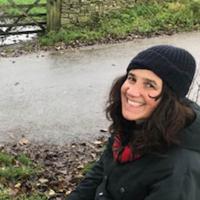
Kate Squires is an artist and researcher, living in London. She is a Lecturer in Fine Art at University of Westminster. She works as an associate artist and education consultant (Tate Learning, Whitstable Biennial, Backlit, The British Library.) She is working towards a PhD in Fine Art (practice based) at UCA, Canterbury.
In 2019 she was Resident Artist in the Materials Cupboard, Tate Modern, in collaboration with Tate Learning. In 2015 she was Artist in Residence in Learning and was commissioned to develop an Open Studio at Tate Modern. Between 2009 and 2014 she founded and organised Centrum, Berlin, an artist project space in Berlin, Germany. She has worked in gallery education for over fifteen years both as an artist and curator. Roles have included Communities Curator and Head of Education and Public Programmes at Whitechapel Gallery and she was Head of Education at Camden Arts Centre between 2003-2008 and 2014-2017.
She has exhibited in the UK and Berlin including the Herbert Read Gallery, Canterbury; Tintype, London and the online platform, Skelf. She is a trustee for Action Space which supports artists with learning disabilities.
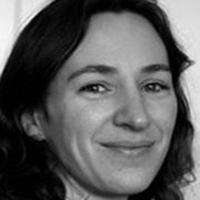
Katrine Hjelde is an artist, lecturer, curator and researcher. She is Head of Department at University of Bergen. She was Course Leader for Graduate Diploma Fine Art and Senior Lecturer BA Fine Art at Chelsea College of Arts. She is a UAL Senior Teaching Scholar and Senior Fellow of the Higher Education Academy.
As an artist she exhibits in Great Britain and Europe. She collaborates with Oslo based b+r architects, where outputs include the permanent Holocaust Exhibition at Villa Grande, Oslo. Further collaborations include FLΔG collective, a group of artists, researchers and art students who explore the relationship between art practices, art education, and pedagogy, looking at forms of knowledge production and dissemination in the art school and beyond.
Katrine’s PhD ‘Constructing a Reflective Site: Practice between art and pedagogy in the art school’ considers the relationship between art practice and teaching through a critical examination of reflection in art, in pedagogy and in philosophy. Post PhD, she was awarded an AHRC Cultural Collaboration Grant which enabled further expansion of the research connecting the art educational institution with other cultural bodies like publicly funded galleries. Ongoing research focuses on the student exhibition, the role of the art school in society and developing critical connections between the art school and society.
Get in touch
If you are interested in getting involved with Material : Pedagogy : Future, or have questions, please get in touch with Dr Natasha Kidd (n.kidd@bathspa.ac.uk) and Jenny Dunseath, Reader in Fine Art (j.dunseath@bathspa.ac.uk).
Visit our website materialpedagogyfuture.net for more information.
Follow us on Twitter and Instagram: @mpf_network
For updates on our events and activities, join our mailing list.
